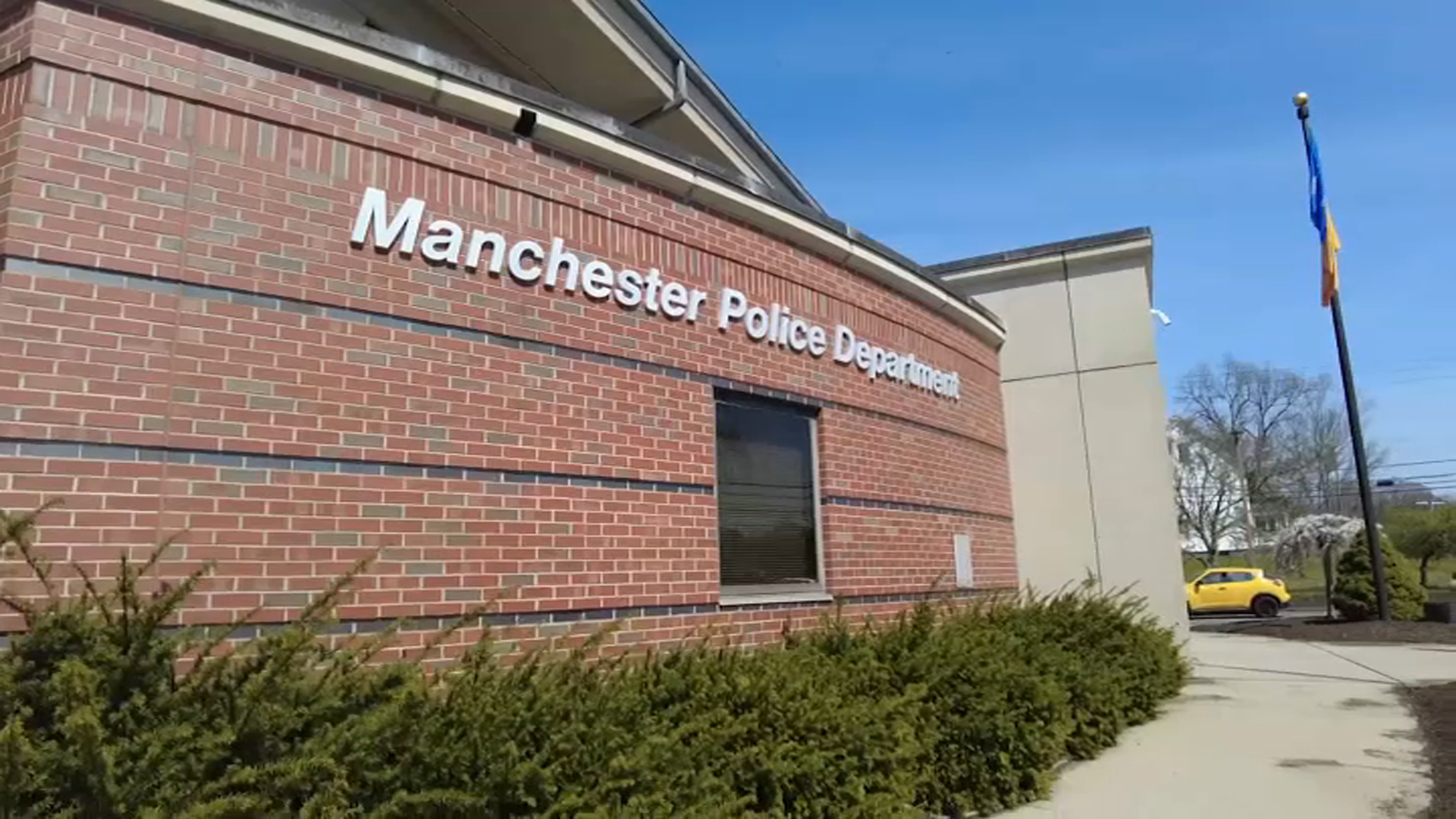A new audit details problems, confusion and a lack of planning with the Social Equity Council.
Comptroller Sean Scanlon said Monday the council isn’t clear on how it will do that, though, creating confusion for those the group is supposed to help.
“We saw questionable practices and procedures that troubled us as the fiscal watchdog office of Connecticut,” Scanlon also said during a press conference in Hartford.
The council has two primary purposes; help people seeking a social equity license for a marijuana-related business, and distributing community grants utilizing tax revenue from the sale of cannabis.
Get top local stories in Connecticut delivered to you every morning. Sign up for NBC Connecticut's News Headlines newsletter.
Scanlon said the council didn’t provide clear guidance to applicants, though, and at times would give differing advice.
They would also give advice that Scanlon, a former lawmaker who approved legalization, said didn’t fit with what lawmakers envisioned.
For example, some license applicants were told to work with churches.
Local
Scanlon also said one applicant was asked by local officials to provide money for someone to dress as Santa Claus and visit with children.
“That is maybe what the city is looking for, but this is not the best use of reinvestment dollars,” he said, although he didn’t identify the applicant or the city.
Additionally, auditors found a lack of transparency. For example, they would often make recommendations to applicants verbally and not put things in writing.
Scanlon said he found no evidence the council was trying to skirt state laws or reporting requirements, but it still made it difficult to track the recommended changes.
Finally, the report found the council sometimes lacked documentation that would accompany a review of grant applications.
Auditors said they found proof the money was spent properly, but the documentation would be needed for a review of the program to ensure it’s working properly.
Scanlon said he found no proof of criminal wrongdoing, but noted he did not have subpoena power and that some council members and applicants declined to talk.
“What we did find, however, as questionable business practices and procedures that were troubling, ambiguous and subjective,” he said.
Gov. Ned Lamont asked Scanlon to conduct the audit back in the spring.
“Gov. Lamont requested the Comptroller’s office to conduct a review of the Social Equity Council because he wants to ensure that this office is allocating funding in a way that promotes the goals the legislature and the governor envisioned when they adopted the law that legalized and safely regulates the adult-use of cannabis,” Lamont spokesperson Mellaney Castro said in a statement.
The council also paused its activities, including on how to spend $34 million in revenue, while the audit was underway.
Some members said the audit highlighted the same concerns they had.
“I think it’s well in-line with some of the concerns that some of us on the council had, to be quite frankly,” member Ojala Naeem said.
The report makes suggestions for both the council and the legislature.
The legislative recommendations include:
- Establishing “clear and objective criteria and consistent procedures” for evaluating applications;
- Strengthening internal controls;
- Requiring ethics training and establishing a code, including prohibiting councils from any financial involvement in the marijuana industry;
- Requiring a strategic plan;
- Defining how the council can use funds; and
- Creating a framework for the Canna-business Revolving Loan Program.
The state allocated $50 million for the loan program but the council has not paid any funds to approved applications. Others remain waiting for an answer months after applying.
Rep. Vincent Candelora, (R) Minority Leader, agreed the legislature needs to take action. He also said lawmakers may want to seek more information from the council.
“It’s not to be critical of the comptroller – I think there’s some good information in there, but I think it's the beginning of the process, not the end,” he said.
House and Senate Democrats did not respond to a request for comment.
The chief state’s attorney’s office said it has not been asked to conduct its own investigation, while the U.S. district attorney’s office doesn’t confirm or deny active investigations.



